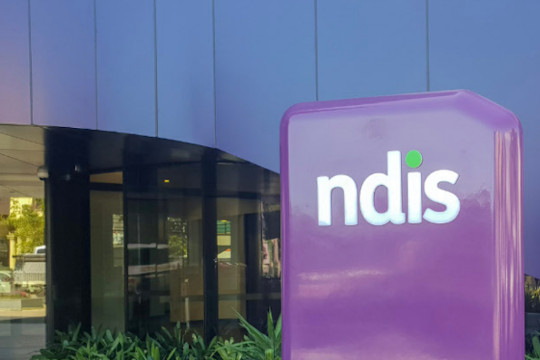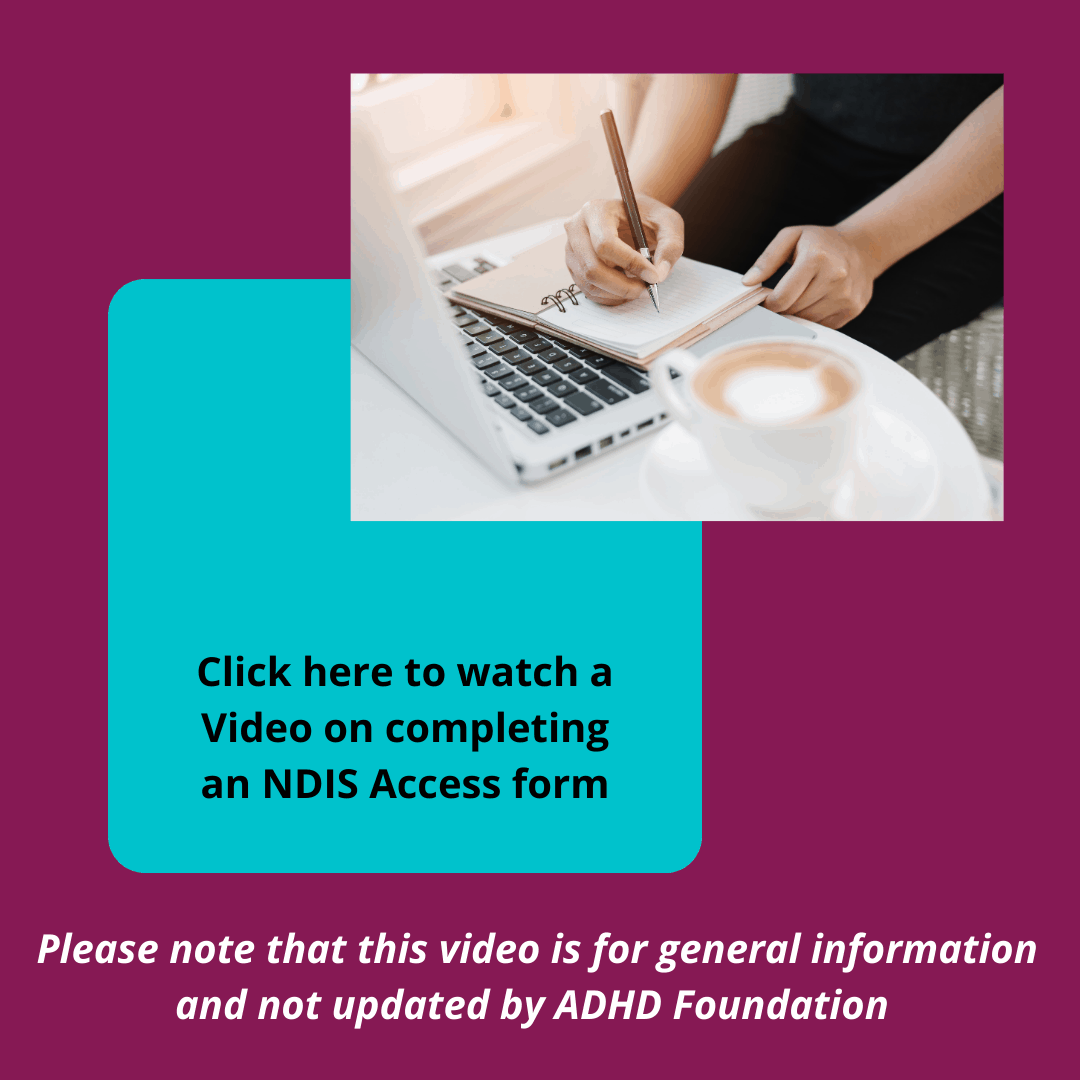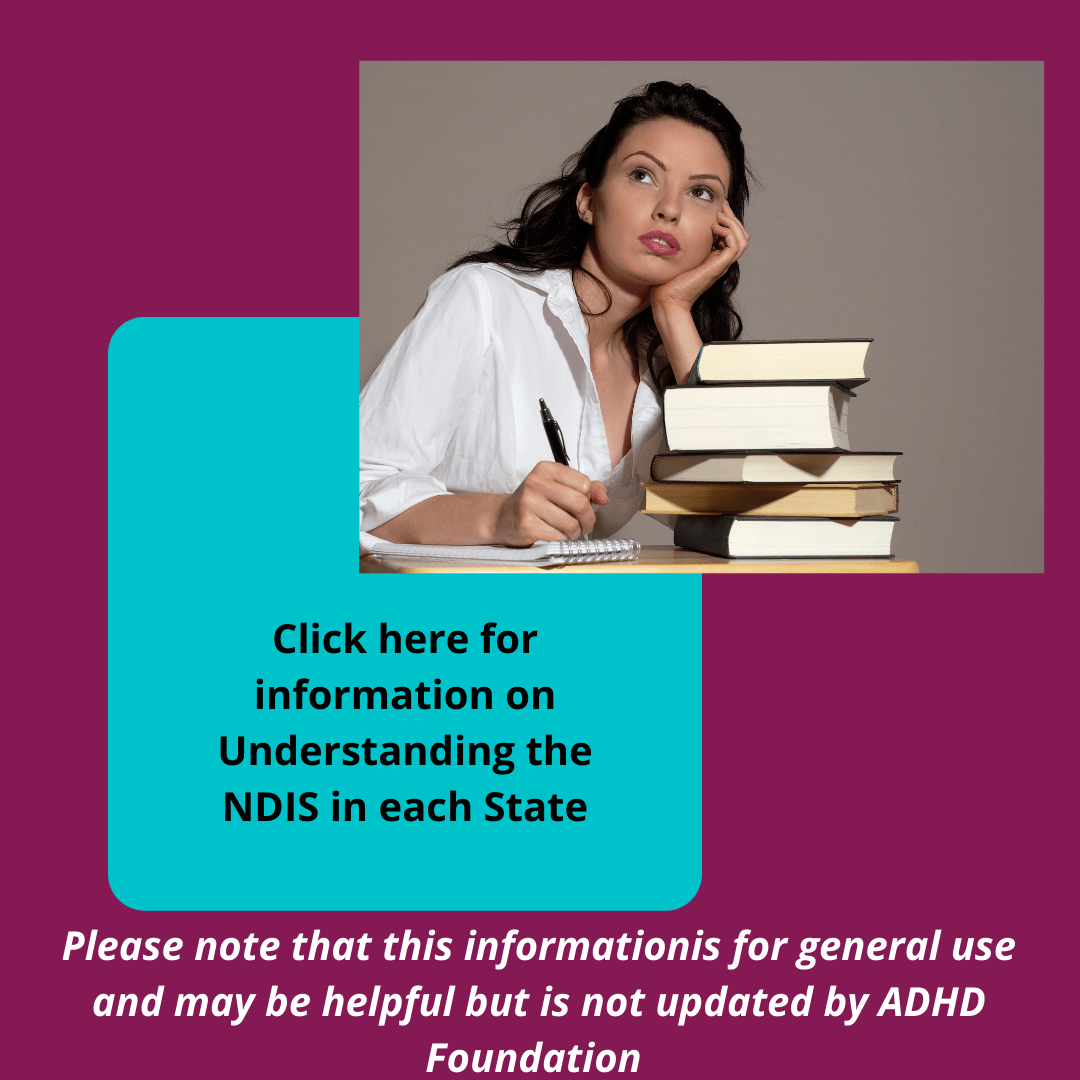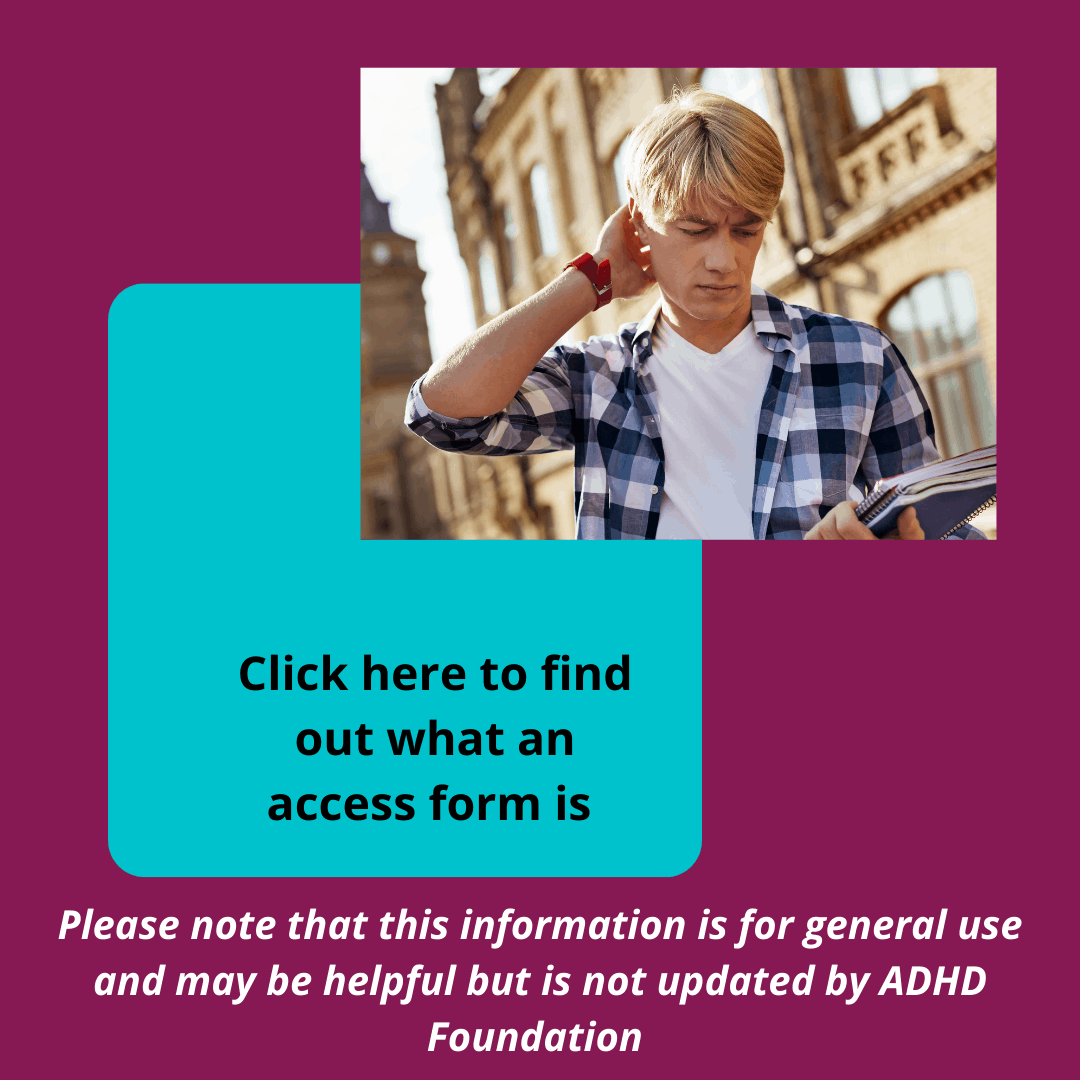As most people are aware ADHD does not appear on the list of disabilities supported by the NDIS, which means that unless there is another disability which could be a primary disability, the ADHD cannot be considered by the NDIS.
In practise, some people with ADHD have gained access relatively easily, others with difficulty and yet more have had their applications refused.
In December 2023, an examination of the National Disability Insurance Scheme (NDIS) was conducted, resulting in 26 suggestions for modifying the system that caters to individuals with disabilities. One of the key outcomes of the review, particularly for adults with ADHD, is the suggestion to eliminate access lists and shift from diagnosis-based evaluations to assessments based on functional needs. This suggestion aligns with the review’s recommendation for a novel approach to NDIS supports for psychosocial disability, with an emphasis on personal recovery.
Psychosocial disability, as outlined in the NDIS review, is a disability that emerges from the interaction between a person’s long-term mental health condition (which may be episodic) and the attitudinal and environmental barriers that prevent their full and effective participation in society on an equal basis with others. Simply put, if a long-term mental health condition intermittently or consistently hinders your ability to function, contribute to, and enjoy your environment, you are considered to have a psychosocial disability.

NDIS Review in December 2023
The discrepancy between psychosocial disability and the NDIS has been a topic of discussion for several years, as underscored in the 2018 report “Mind the gap: The NDIS and psychosocial disability”. This discrepancy stems from challenges such as proving the ‘permanence’ of psychosocial disability, the lack of specific mental illness conditions on the list of conditions likely to meet access requirements, and the mental health competencies of providers offering psychosocial supports.
The NDIS review suggests a 5-year transition period to a revamped NDIS model that maintains the effective features of the current model and replaces those that are not. It is hoped that this revamped model will significantly enhance the lived experience of adults with ADHD. We are hopeful for a positive outcome.
NDIS and ADHD how does NDIS eligibility work
The NDIS takes a lifetime approach, investing early in people with disability and children with developmental delay to improve their outcomes later in life.
ADHD and the NDIS is a regular question answered here at the National ADHD Foundation helpdesk. No, it is complicated, and diagnosis of ADHD on its own is generally not covered under the NDIS. The reason for this is because it may be hard for someone with ADHD to meet the NDIS eligibility criteria as a severe and permanent disability. If you have ADHD and are likely to overcome the issue you are seeking financial help for, or are being successfully treated with medications, then you are unlikely to be eligible for NDIS.
About 5% of Australians display symptoms of ADHD (attention deficit hyperactivity disorder) so it’s no surprise there is a lot of interest in funding for treatment and supports
If you are aged between 9 and 65, a local area coordinator can help you to understand the NDIS, apply and connect with other government and community supports.
If you have a child younger than 9, an early childhood partner can provide supports to children before they apply, and let families know if the NDIS is right for their child.
The support services offered by the NDIS serve to enhance, not substitute, the mainstream or community services available in the broader community. These services include education, health, mental health services, and community groups.
Supports that may be considered for funding by NDIS relate to capacity building that assist with social skills, being active in the community, self-management and communication. Some positive behavioural support and assistance with daily routines and household task. Some cognitive therapy treatment may be supported by NDIS.
Here at ADHD Foundation Headquarters, we expect to provide an update again in July 2021 when new information becomes available.
Please refer to our PDF sheet for more information. Or contact us on support@adhdfoundation.org.au



